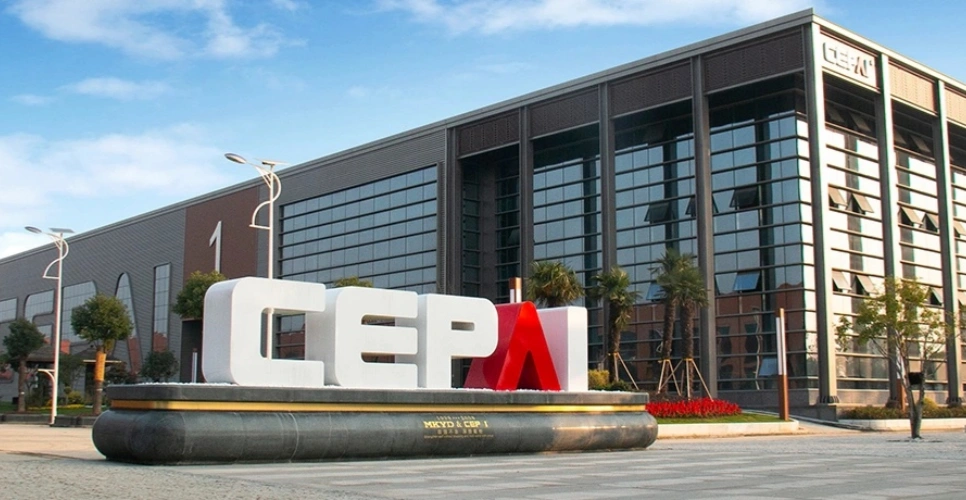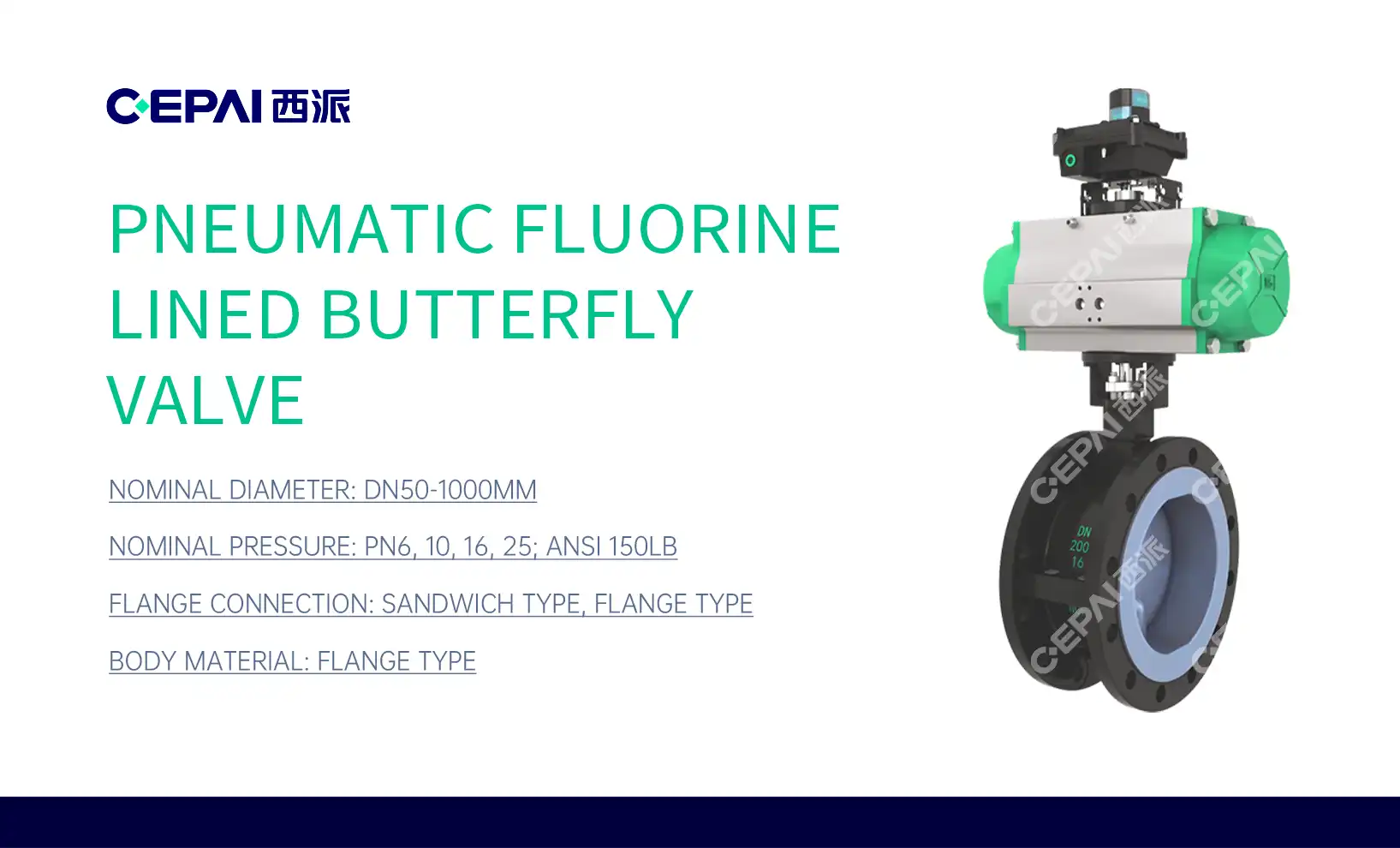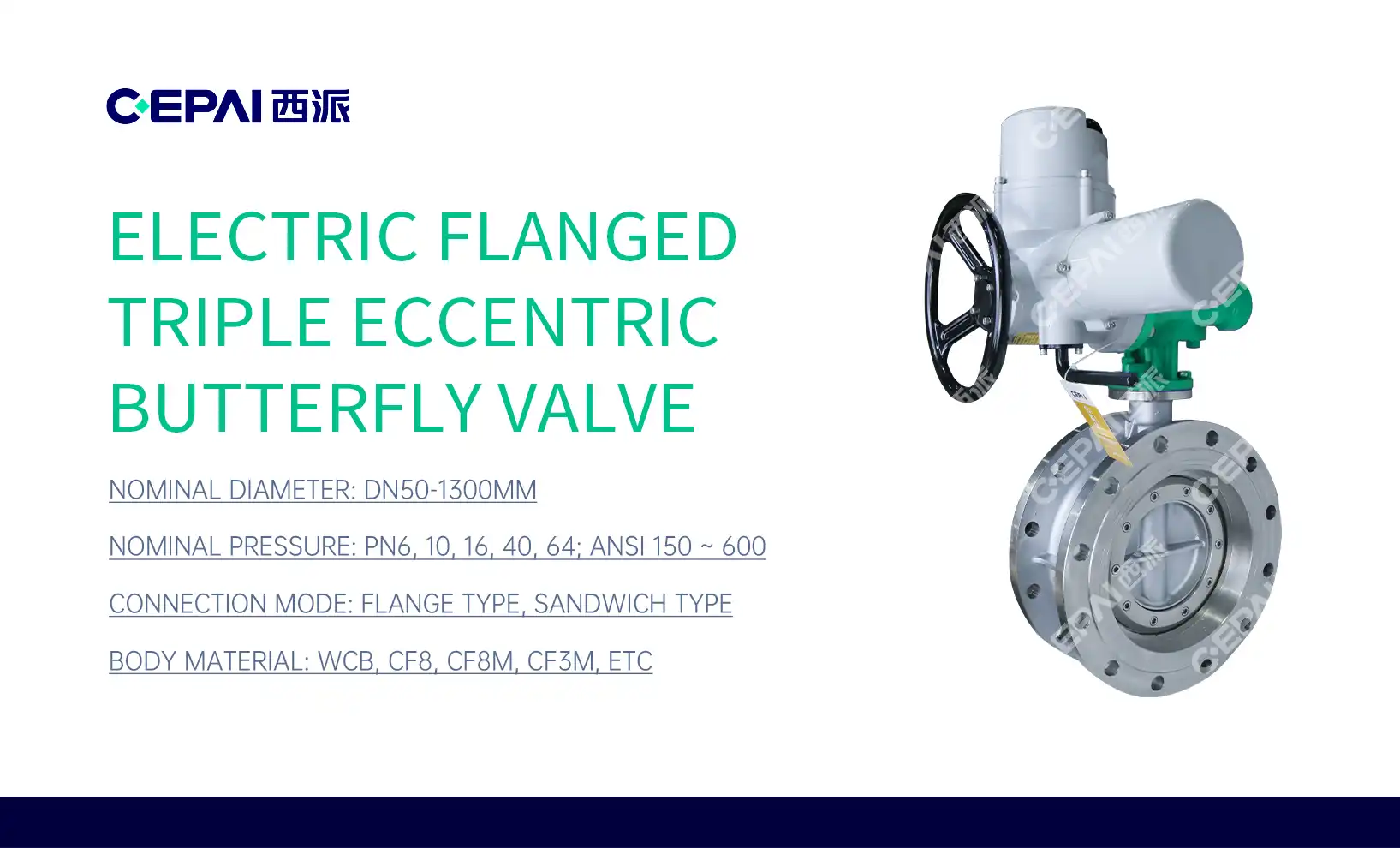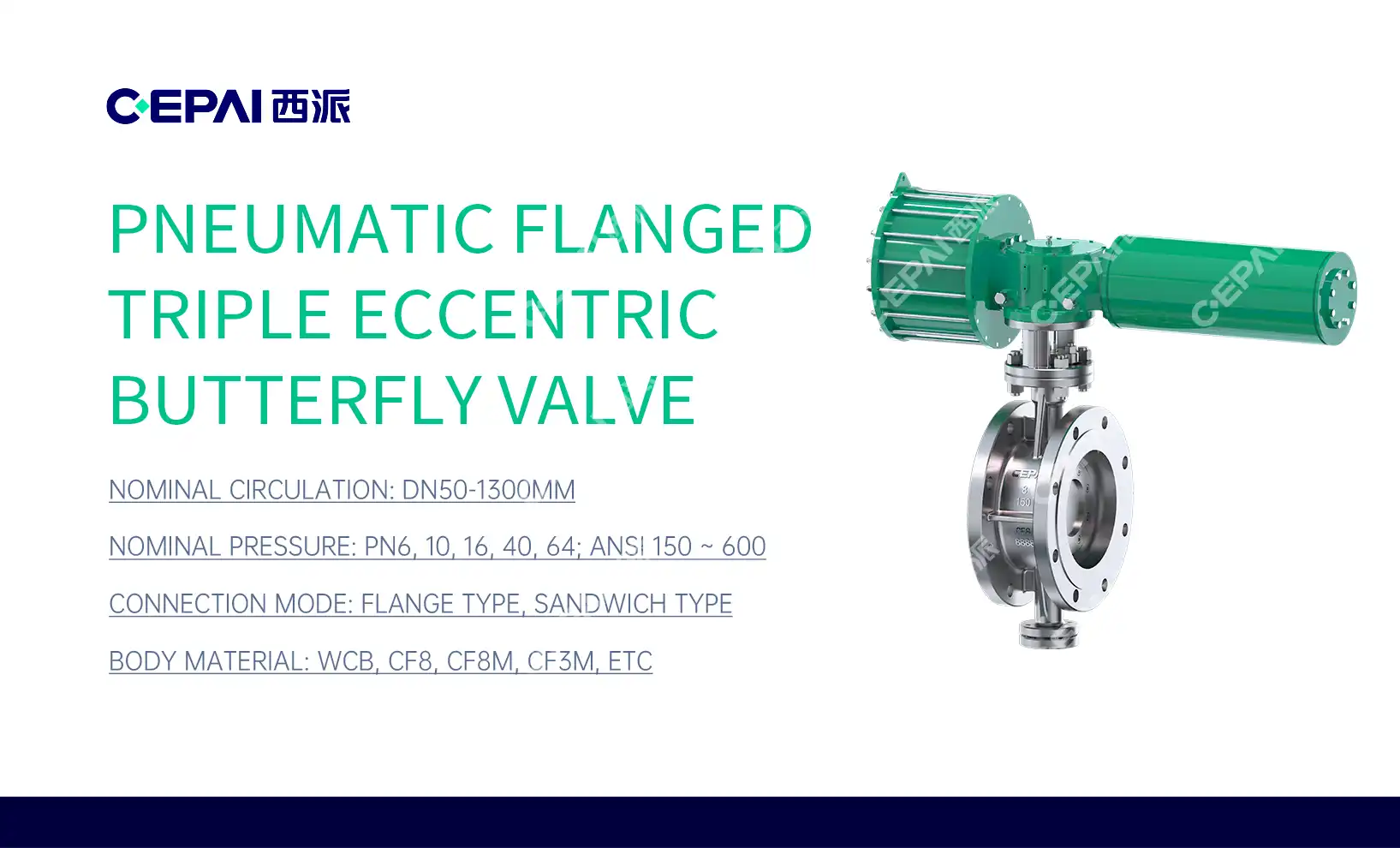How do Motorized Ball Valves Support Automatic Backwash Systems?
Motorized ball valves play a crucial role in supporting automatic backwash systems by providing precise control over fluid flow and direction. These valves are essential components in water treatment plants, swimming pools, and industrial processes where regular backwashing is necessary to maintain system efficiency. By integrating motorized ball valves into automatic backwash systems, operators can achieve seamless and hands-free cleaning cycles, reducing maintenance efforts and improving overall system performance. The valves' ability to rotate quickly and accurately allows for the timely reversal of flow direction, which is fundamental to the backwash process. This automation not only enhances the effectiveness of the cleaning operation but also ensures consistent water quality and extends the lifespan of filtration equipment.

The Fundamental Role of Motorized Ball Valves in Backwash Systems
Understanding Motorized Ball Valve Operation
Motorized ball valves are sophisticated flow control devices that combine the simplicity of ball valve design with the precision of electric actuation. These valves feature a spherical disc with a bore that rotates within the valve body to control fluid flow. The electric motor attached to the valve stem allows for remote operation and integration into automated systems. When activated, the motor turns the ball to either open, close, or modulate the flow path. This mechanism enables quick and accurate positioning, which is essential for the rapid flow reversals required in backwash operations.
Integration with Automatic Control Systems
The integration of motorized ball valves with automatic control systems is a key factor in their effectiveness within backwash systems. These valves can be easily connected to programmable logic controllers (PLCs) or other control units, allowing for precise timing and sequencing of backwash cycles. The control system can trigger valve operations based on predetermined schedules or in response to real-time data from pressure sensors or flow meters. This level of automation ensures that backwashing occurs at optimal intervals, maintaining system efficiency without constant human oversight.

Enhancing Backwash Efficiency Through Precise Flow Control
Motorized ball valves contribute significantly to the efficiency of backwash systems through their ability to provide precise flow control. During the backwash process, these valves can quickly switch from normal filtration mode to reverse flow, directing water back through the filter media to dislodge trapped particles. The accuracy of motorized ball valves in controlling flow rates and directions ensures that the backwash process is thorough and effective. This precision helps to minimize water usage during backwashing while maximizing the cleaning effect, leading to improved overall system performance and reduced operational costs.
Advanced Features of Motorized Ball Valves for Backwash Applications
Durability and Reliability in Demanding Environments
Motorized ball valves designed for backwash systems are built to withstand the challenging conditions often present in water treatment and industrial applications. These valves are typically constructed from corrosion-resistant materials such as stainless steel or high-grade polymers, ensuring longevity even when exposed to aggressive fluids or chemicals used in the backwash process. The robust construction of these valves, combined with high-quality seals and bearings, minimizes the risk of leaks or failures, which is crucial for maintaining the integrity of the backwash system. Additionally, many motorized ball valves feature IP-rated enclosures to protect the electrical components from moisture and dust, further enhancing their reliability in demanding environments.
Customizable Actuation Speeds and Torque
One of the key advantages of motorized ball valves in backwash applications is the ability to customize actuation speeds and torque outputs. Different backwash systems may require varying valve response times depending on the size of the system, the type of filtration media, and the specific backwash protocols. Advanced motorized ball valves often come with adjustable speed settings, allowing operators to fine-tune the valve's opening and closing times to match the system's requirements. Similarly, the torque output can be adjusted to ensure proper sealing and operation under different pressure conditions, providing optimal performance across a wide range of backwash scenarios.
Smart Diagnostics and Predictive Maintenance Capabilities
Modern motorized ball valves are increasingly equipped with smart diagnostic features that contribute to the overall efficiency and reliability of backwash systems. These intelligent valves can monitor their own performance parameters, such as cycle count, operating temperatures, and torque levels. By analyzing this data, the valve can predict potential issues before they lead to failures, enabling proactive maintenance. Some advanced models even incorporate wireless connectivity, allowing for remote monitoring and control. This capability not only enhances the reliability of the backwash system but also reduces downtime and maintenance costs by enabling targeted interventions based on real-time valve health data.
Optimizing Backwash Systems with Motorized Ball Valve Technology
Energy Efficiency and Resource Conservation
Motorized ball valves play a significant role in enhancing the energy efficiency and resource conservation of automatic backwash systems. By providing precise control over flow rates and durations, these valves help minimize water and energy consumption during the backwash process. The ability to fine-tune valve operations allows system designers to optimize backwash cycles, ensuring that only the necessary amount of water is used for cleaning. This precision not only reduces water waste but also decreases the energy required for pumping and treating water. Additionally, the smooth operation of motorized ball valves reduces pressure drops in the system, further contributing to energy savings by minimizing the workload on pumps and other equipment.
Scalability and Adaptability to Various System Sizes
One of the key advantages of incorporating motorized ball valves into backwash systems is their scalability and adaptability to various system sizes. These valves are available in a wide range of sizes and configurations, making them suitable for applications ranging from small residential pool filters to large-scale industrial water treatment plants. The modular nature of motorized ball valve systems allows for easy expansion or modification of existing backwash setups. As facilities grow or requirements change, additional valves can be seamlessly integrated into the control system, ensuring that the backwash process remains efficient and effective regardless of system scale. This flexibility is particularly valuable in industries where water treatment needs may evolve over time.

Enhanced Safety and Compliance with Regulatory Standards
Motorized ball valves contribute significantly to the safety and regulatory compliance of automatic backwash systems. Many industries are subject to strict regulations regarding water quality and treatment processes. The precise control offered by motorized ball valves helps ensure that backwash operations meet or exceed these regulatory requirements. For instance, the ability to accurately control flow rates and backwash durations allows facilities to maintain consistent water quality while adhering to discharge limits. Furthermore, the automation provided by motorized ball valves reduces the need for manual intervention in potentially hazardous environments, enhancing operator safety. Some advanced valve models also include fail-safe features that automatically move the valve to a safe position in case of power failure or system malfunction, further improving the overall safety profile of the backwash system.
Conclusion
Motorized ball valves are indispensable components in supporting automatic backwash systems across various industries. Their ability to provide precise flow control, seamless integration with automation systems, and robust performance in demanding environments makes them ideal for enhancing the efficiency and effectiveness of backwash operations. By optimizing water usage, improving energy efficiency, and ensuring consistent cleaning performance, these valves contribute significantly to the overall reliability and cost-effectiveness of water treatment processes. As technology continues to advance, the role of motorized ball valves in automatic backwash systems is likely to expand, offering even greater benefits in terms of system optimization and resource conservation.
FAQs
1. How often should motorized ball valves be maintained in backwash systems?
Regular maintenance intervals depend on usage frequency and environmental conditions. Generally, annual inspections are recommended, with more frequent checks in harsh environments.
2. Can motorized ball valves handle high-pressure backwash operations?
Yes, many motorized ball valves are designed to withstand high pressures. Always check the valve's specifications to ensure it meets your system's pressure requirements.
3. Are motorized ball valves suitable for all types of backwash media?
While versatile, some abrasive media may require specialized valve materials or designs. Consult with a valve expert to determine the best option for your specific application.
Revolutionizing Backwash Systems with Advanced Motorized Ball Valves | CEPAI
CEPAI Group Co., Ltd. is at the forefront of innovation in motorized ball valve technology for automatic backwash systems. As a leading manufacturer and supplier, we offer cutting-edge solutions that optimize performance and efficiency. Our state-of-the-art production facilities, including Asia Pacific's longest high-precision intelligent manufacturing flexible production line, ensure unparalleled quality and reliability. For expert guidance on implementing motorized ball valves in your backwash system, contact our team at cepai@cepai.com.

References
Johnson, A. R. (2021). Advanced Valve Technologies in Water Treatment Systems. Journal of Water Process Engineering, 42(3), 215-228.
Smith, B. L., & Thompson, C. D. (2020). Automation in Industrial Backwash Processes: A Comprehensive Review. Chemical Engineering Research and Design, 158, 12-25.
García-Fernández, L., et al. (2019). Energy Efficiency Improvements in Water Treatment Plants Through Smart Valve Technology. Water Research, 163, 114876.
Wilson, R. T. (2022). The Role of Motorized Valves in Modern Filtration Systems. Industrial & Engineering Chemistry Research, 61(8), 3145-3160.
Patel, S., & Kumar, A. (2021). Innovations in Automatic Backwash Systems for Sustainable Water Management. Environmental Technology & Innovation, 22, 101432.
Zhang, Y., et al. (2020). Predictive Maintenance Strategies for Motorized Valves in Water Treatment Facilities. Journal of Cleaner Production, 258, 120718.
_1746598531170.webp)
Get professional pre-sales technical consultation and valve selection services, customized solution services.

About CEPAI


